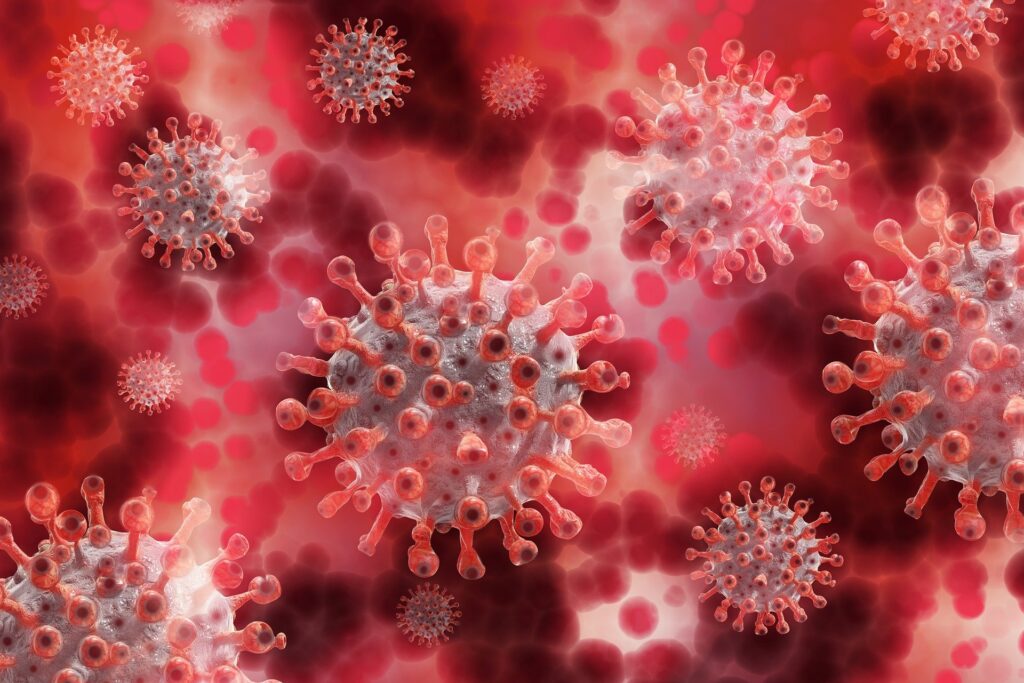SACC Ecumenical Theological Task Team Unveils United Churches’ Position on Coronavirus Vaccine
The South African Council of Churches (SACC) today unveiled a united Churches’ position on the Coronavirus Vaccine, developed by the Ecumenical Theological Task Team, the establishment of which comes in response to Christians’ resistance to the potential of the vaccine. The task team comprises theologians from a broad spectrum of the Christian churches affiliated to SACC: Anglican, African Independent churches, Catholic, Charismatic, Evangelical, Lutheran, Methodist, Pentecostal, and Reformed traditions. The sole objective of this task team has been to discuss and come up with a united churches’ response to the COVID-19 vaccine.
The united Churches’ position on the Coronavirus vaccine comes hours after the Department of Health Minister, Dr Zweli Mkhize, announced a major shift in the country’s vaccine rollout, with the AstraZeneca vaccine being temporarily halted due to low efficacy against the South African variant of the Coronavirus. Instead, the Johnson & Johnson vaccine will be rolled out, as it appears to offer hope against disease and death.
“Social media has been abuzz with a myriad of untruths about the Coronavirus vaccine. Now, coupled with the announcement by Government last night about the effect of the AstraZeneca vaccine as opposed to the Johnson & Johnson vaccine, we anticipate this will increase public speculation about how effective the vaccines are in general,” said Bishop Malusi Mpumlwana, General Secretary of the South African Council of Churches. “This panic and fear motivated the formation of the Ecumenical Theological Task Team, whose objective is to address the misinformation about the origins of the Coronavirus vaccine, and its likely effects on us.” The foundation of the establishment of the Ecumenical Theological Task Team is rooted in Proverbs 15:14 which instructs: “The discerning heart seeks knowledge, but the mouth of a fool feeds on folly.” “Without accurate and authentic information, people are misled by many discredited and fake tales from outlandish sources,” said Bishop
Mpumlwana.
A meeting was hosted on 3 February 2021, at which time the Ecumenical Theological Task Team tackled a variety of concerns that had been expressed by the South African Christian community and the general public at large. This meeting resulted in the development of a position paper which unpacked public concerns, grouped into the following topics:
• COVID-19 vaccine and “mark of the beast”
• 5G and its implications on COVID-19
• Coronavirus was made in a lab
• Vaccine and population control
• Vaccine and DNA
• Vaccines are made from aborted fetuses
The Ecumenical Theological Task Team agreed that the arrival of the COVID-19 vaccine should be viewed as a major development in the fight against the Coronavirus pandemic. “Christians and other people of faith have prayed and continue to pray ceaselessly for God’s intervention. The scientific community has worked around the clock and God is answering our prayers through their work and developments. The vaccine represents the best hope to save lives in the midst of the pandemic – and we as the Church, welcome it,” said Bishop Mpumlwana. This is why the member churches of the SACC chose to demonstrate the work of the church in action by getting as much information as possible from those who are knowledgeable, and sharing this with their congregants. “Those seeking accurate knowledge can find it in the SACC’s dedicated COVID-19 website. It gives advice and guidance to church and society in various South African languages, on all matters COVID-19, including the latest on the vaccine. Let us be the voice of reason that gives hope in a hopeless situation,” said Mpumlwana.
The position paper further outlined the commitments that the Church is making to its congregants and to South Africa at large, by leading from the front in getting people to be vaccinated. While following the pre-determined vaccination roll-out phases, leaders of SACC member churches will offer to take the vaccine in public to demonstrate confidence in the COVID-19 vaccination, as vaccines are a vital part of the solution to the pandemic. “This public support of the Coronavirus vaccine will show the active participation of all member church leaders in the fight against COVID-19, together with the non-pharmaceutical measures we have already adopted in our daily lives,” he said. In this way, the Church can help restore trust in vaccines among its congregants and broader society. “Not so long ago, some church leaders were tested publicly for HIV-AIDS, to dispel the stigma. We can do this again,” Mpumlwana added.
The task team believes that the Coronavirus vaccine will help protect people who get infected with COVID-19 from becoming sick. Mpumlwana concluded: “As more people are vaccinated, population-wide immunity develops, families and communities will be able to gradually return to a more normal routine, and our prayers can turn to those of thanksgiving for the preservation of life.”

